Key Takeaways
Explore the complete story of the 2011 Boston Bruins Stanley Cup Championship including historic comeback victories, Game 7 road triumph, Tim Thomas heroics, and how digital displays preserve championship legacies.
The Road to the 2011 Playoffs: Building a Champion
The 2011 Bruins entered the playoffs as a team built specifically for championship success. General manager Peter Chiarelli had assembled a roster combining skilled scorers, physical presence, defensive reliability, and exceptional goaltending—all the elements required for deep playoff runs.
Regular Season Foundation
Boston finished the 2010-11 regular season with a 46-25-11 record, earning 103 points and securing the third seed in the Eastern Conference's Northeast Division. While respectable, this record hardly suggested the historic playoff run that followed.
The regular season featured several key developments that would prove crucial in the playoffs:
- Goaltending Excellence: Tim Thomas posted a .938 save percentage and 2.00 goals-against average, establishing himself as an elite playoff netminder
- Defensive Structure: The Bruins allowed the fewest goals in the NHL (195), showcasing defensive discipline that would define playoff success
- Balanced Scoring: Multiple players contributed offensively rather than relying on a single superstar, creating depth that opponents couldn't neutralize
- Physical Identity: Boston embraced a physical, intimidating style that wore down opponents across seven-game series
- Championship Mentality: Coach Claude Julien instilled belief that this team could win the ultimate prize

Key Players Entering the Playoffs
The 2011 Bruins featured a perfectly constructed roster with contributions from every line and defensive pairing. Understanding the key personnel helps appreciate how this championship was achieved:
Zdeno Chara (Captain): The 6'9" Slovakian defenseman provided intimidating physical presence, shutdown defensive ability, and leadership that set the tone for the entire team. As captain, Chara embodied the determination required for championship success.
Patrice Bergeron: The two-way center combined offensive skill with elite defensive responsibility. At age 25, Bergeron was entering his prime and would prove instrumental throughout the playoff run while establishing himself as a future franchise cornerstone.
David Krejci: The Czech center became Boston’s leading playoff scorer, demonstrating clutch performances and playmaking ability that elevated teammates and created offensive opportunities when games were tightest.
Milan Lucic: The power forward combined size, skill, and physicality, providing consistent scoring threat while punishing opponents physically across four playoff rounds.
Brad Marchand: The pest-style forward contributed timely goals while agitating opponents and drawing penalties that created power play opportunities for Boston’s skilled players.
Mark Recchi: The veteran winger brought championship experience and leadership, providing crucial mentorship for younger players while contributing offensively throughout the playoff run.
Organizations celebrating championship rosters often implement comprehensive team recognition displays that honor all contributors rather than focusing solely on star players, acknowledging that championships require complete team efforts.

First Round: The Montreal Canadiens Series (4-3)
The Bruins’ playoff journey began against their fiercest rivals, the Montreal Canadiens, in what became an epic first-round battle testing Boston’s championship mettle immediately.
Historic Rivalry Renewed
🏒 Original Six Rivalry
The Bruins-Canadiens rivalry represents the most intense competition in hockey history, with these teams meeting 34 times in playoff history. The 2011 series added another chapter to this legendary competition.
📊 Series Intensity
Every game featured physical play, goaltending battles, and emotional intensity that tested both teams' championship credentials. The series would require all seven games to determine a winner.
🎯 Facing Elimination
After losing the first two games in Boston, the Bruins faced a 2-0 series deficit that historically results in series losses 90% of the time. Championship character would be required to overcome this disadvantage.
⭐ Remarkable Comeback
Boston won four consecutive games to eliminate Montreal, demonstrating resilience that would define the entire playoff run. This comeback established belief that this team could overcome any adversity.
Programs celebrating Boston Bruins franchise history recognize the 2011 first-round comeback as one of the franchise’s defining moments, showcasing determination that championship teams require.
Game-by-Game First Round Analysis
Games 1-2 (Montreal Wins): The series began disastrously for Boston as Montreal won both games at TD Garden, stealing home-ice advantage and putting the Bruins in a seemingly insurmountable deficit. Many questioned whether this team possessed championship mettle.
Games 3-4 (Boston Wins): The Bruins responded with dominant performances in Montreal, winning both games to even the series at 2-2. Tim Thomas posted excellent goaltending while Boston’s offense found consistency. The series shifted dramatically as Boston seized momentum.
Game 5 (Boston Wins 2-1): A crucial home victory gave Boston its first series lead. The Bruins’ defensive structure frustrated Montreal’s offense while generating enough scoring to secure the win.
Game 6 (Boston Wins 3-2): Facing elimination on home ice, Montreal battled desperately, but Boston’s championship character prevailed. The Bruins advanced to face Philadelphia in the second round.
This comeback demonstrated several qualities that would define the championship run: resilience under adversity, ability to win road games, goaltending excellence, and belief that no deficit was insurmountable.

Second Round: Sweeping the Philadelphia Flyers (4-0)
After the emotionally draining seven-game battle with Montreal, the Bruins faced the Philadelphia Flyers in the Eastern Conference Semifinals. What followed was Boston’s most dominant series of the entire playoff run.
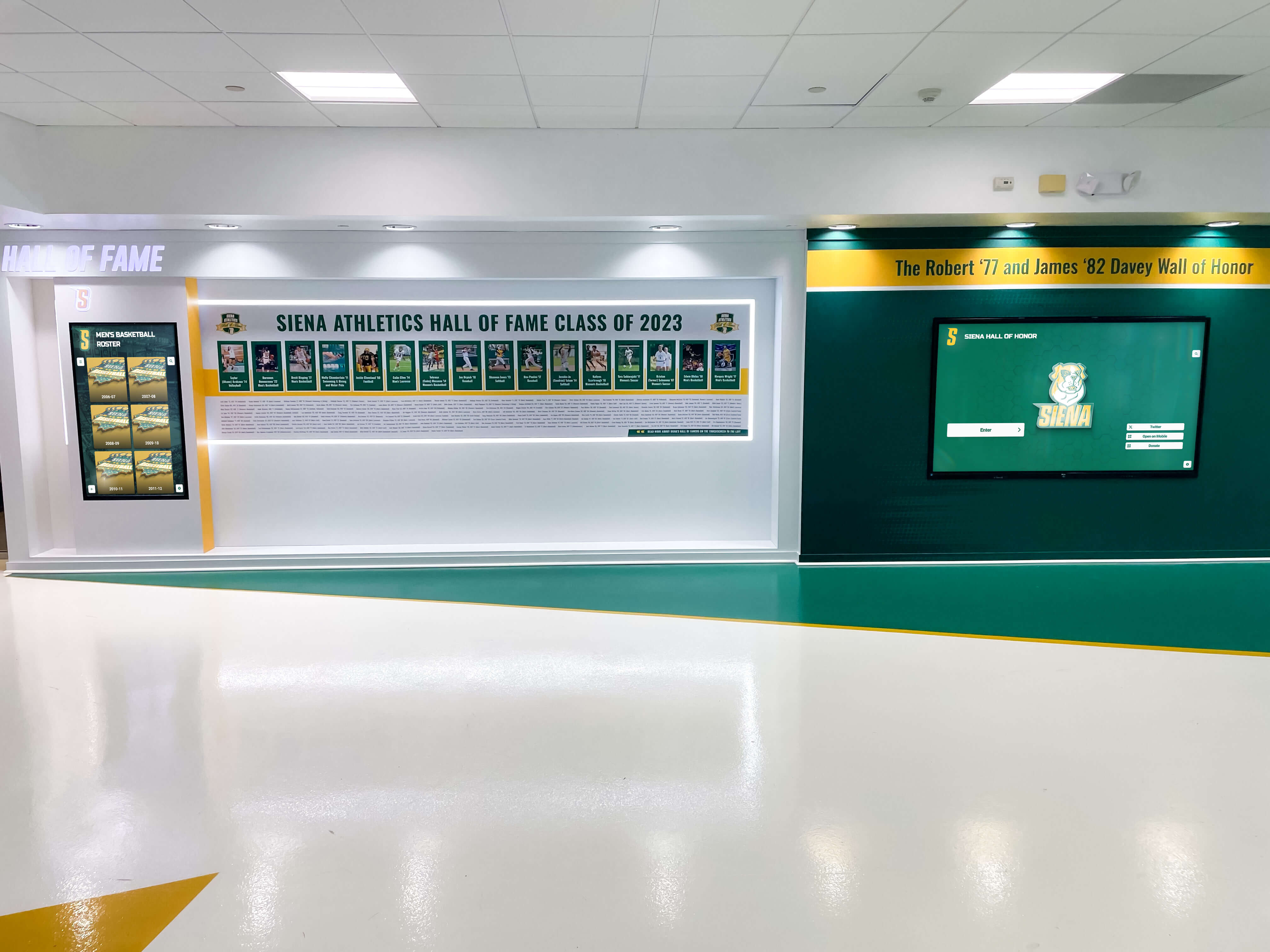
Complete Dominance
Boston swept Philadelphia in four games, outscoring the Flyers 20-7 while showcasing the complete team game that would carry them to championship success:
- Offensive Explosion: After struggling to score against Montreal, Boston's offense erupted with balanced contributions from all four lines
- Defensive Excellence: The Bruins limited Philadelphia's potent offense to minimal high-quality chances
- Goaltending Brilliance: Tim Thomas continued exceptional play, giving Boston confidence in tight games
- Physical Domination: Boston's physicality wore down Philadelphia across four games
- Special Teams Success: Power play contributions and penalty killing excellence provided crucial advantages
The sweep provided rest for the Conference Finals while demonstrating that when the Bruins played complete team hockey, they were nearly unbeatable.
Memorable Moments from the Philadelphia Series
Game 1 (7-3 Victory): Boston made an emphatic statement with an offensive outburst that shocked Philadelphia. The Bruins scored early and often, establishing series tone immediately.
Game 2 (3-2 Overtime Victory): A tighter game featured dramatic overtime heroics, with Boston demonstrating ability to win multiple game styles—offensive explosions or defensive battles.
Game 3 (5-1 Victory): Taking the series to Philadelphia, Boston continued dominance with another convincing victory that put the Flyers on the brink of elimination.
Game 4 (5-1 Victory): Completing the sweep on Philadelphia’s home ice, Boston advanced to the Conference Finals while creating momentum heading into the matchup with Tampa Bay.
The Philadelphia sweep demonstrated that the Bruins possessed all elements required for championship success. Organizations preserving playoff history often utilize interactive hockey displays that allow fans to explore game-by-game results and understand how championship runs developed across multiple series.
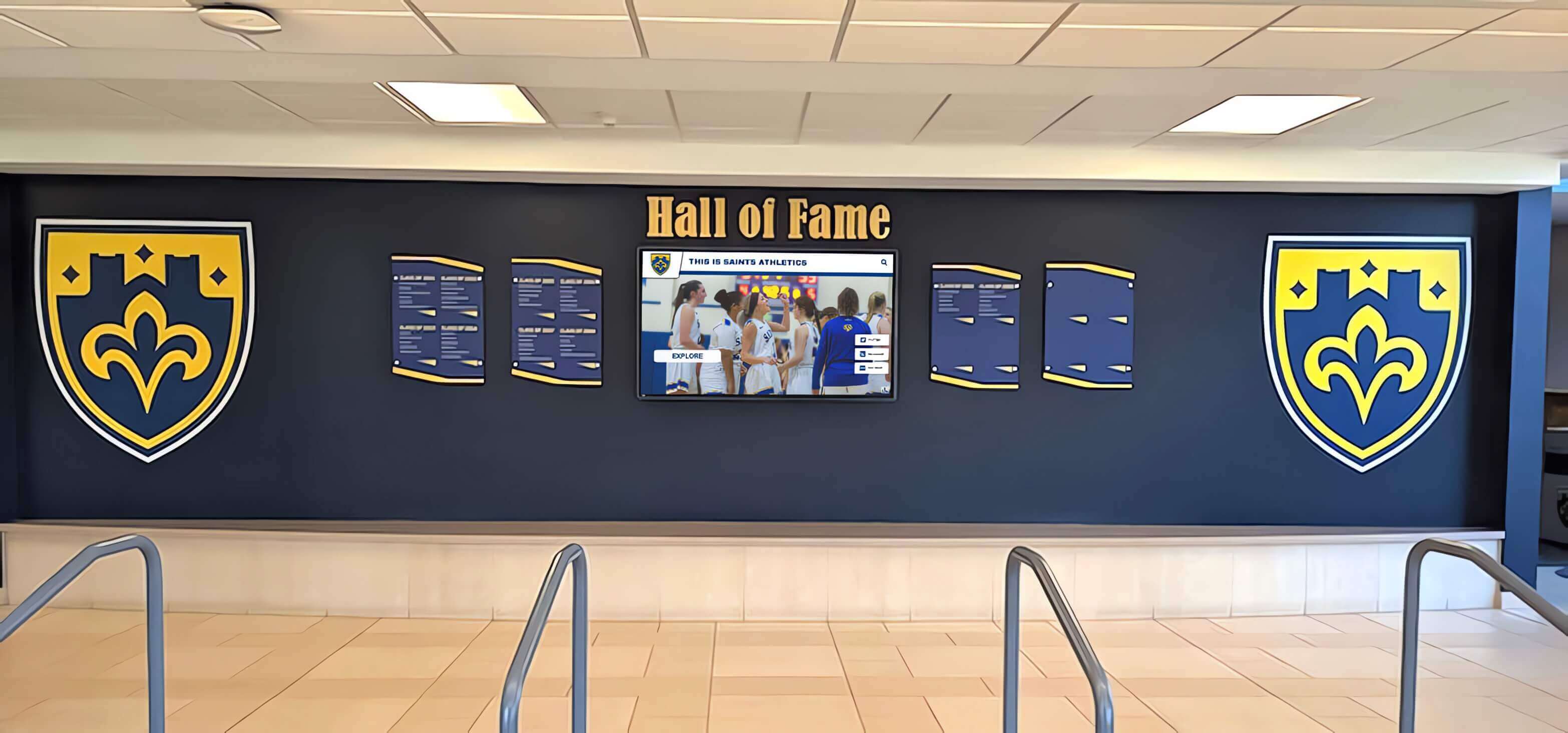
Conference Finals: Defeating Tampa Bay Lightning (4-3)
The Eastern Conference Finals matched Boston against the Tampa Bay Lightning in another seven-game marathon that tested both teams’ championship credentials.
Conference Finals Breakdown
Tampa Bay's Strengths
- High-Powered Offense: The Lightning featured elite scoring talent including Steven Stamkos and Martin St. Louis
- Speed and Skill: Tampa Bay's skating ability created matchup problems for Boston's defense
- Home Ice Advantage: The Lightning had won consistently at Tampa Bay Times Forum throughout the playoffs
- Goaltending: Dwayne Roloson provided veteran playoff experience and consistent performances
- Confidence: Tampa Bay believed they could win the series and reach the Stanley Cup Final
Boston's Advantages
- Defensive Structure: The Bruins' defensive system limited high-quality scoring chances
- Physical Play: Boston's size and toughness wore down Tampa Bay across seven games
- Goaltending Excellence: Tim Thomas continued elite-level play throughout the series
- Balanced Scoring: Multiple players contributed goals rather than relying on individual stars
- Championship Experience: Veteran leadership guided younger players through adversity
The series featured dramatic momentum swings, with neither team able to gain decisive control. Every game was competitive, with several decided by a single goal.
The Pivotal Game 7 Victory
The Conference Finals culminated in Game 7 at TD Garden, with a Stanley Cup Final berth on the line. Boston dominated from the opening faceoff, winning 1-0 in a defensive masterpiece that showcased the Bruins’ championship character.
Nathan Horton scored the game’s only goal midway through the third period, and Tim Thomas made 24 saves to post the shutout. The victory sent Boston to the Stanley Cup Final for the first time since 1990, setting up a matchup with the Vancouver Canucks.
The defensive excellence displayed in Game 7 demonstrated that championship teams win with defense and goaltending when offensive execution proves difficult. Schools and organizations recognizing championship achievements often implement comprehensive historical recognition programs that preserve complete championship stories rather than reducing achievements to basic statistics.
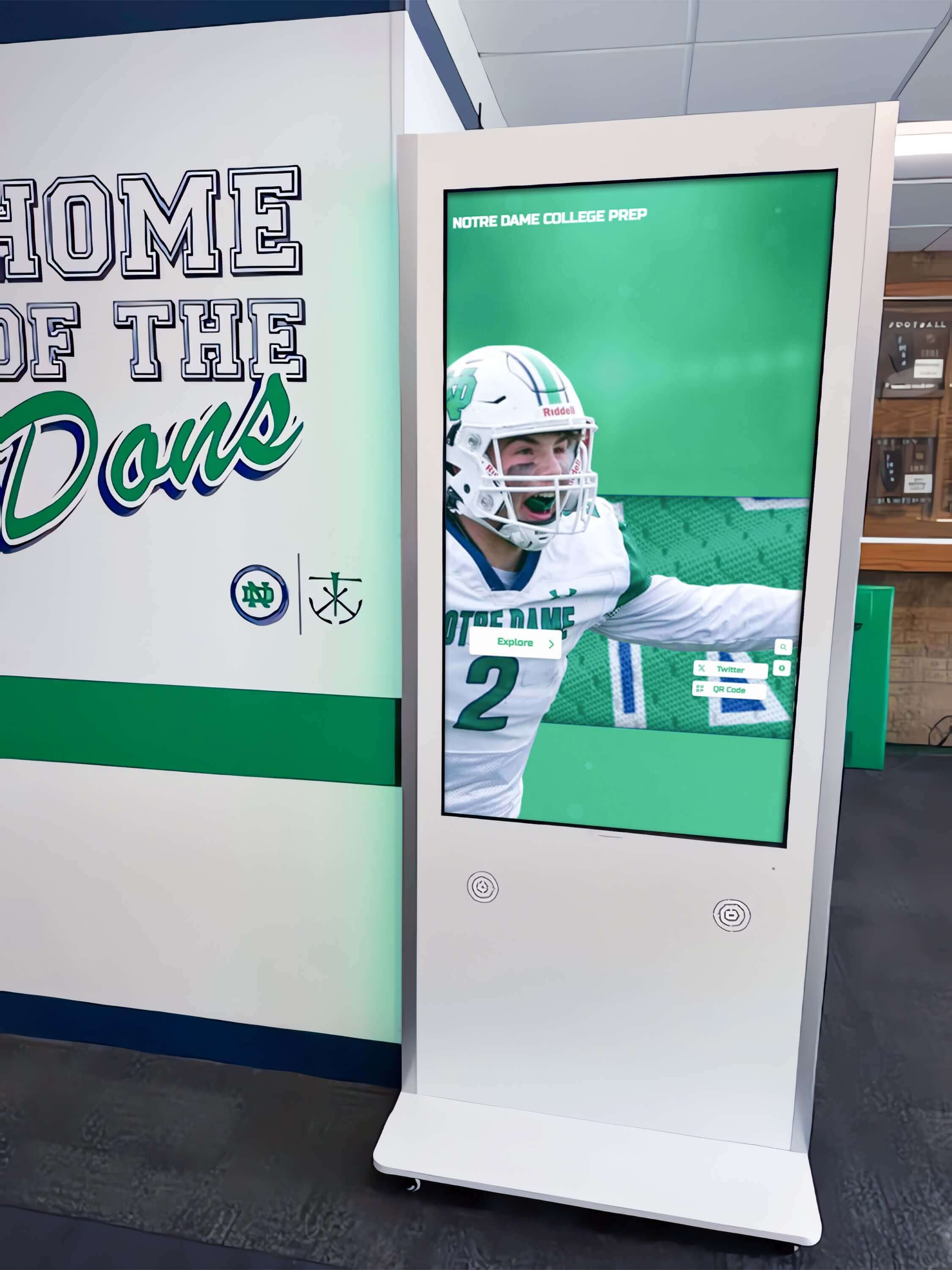
Stanley Cup Final: Vancouver Canucks Series (4-3)
The 2011 Stanley Cup Final matched Boston against the Vancouver Canucks, the NHL’s best regular-season team with 117 points. Vancouver had home-ice advantage and appeared to be the favorite, but the Bruins’ championship journey was far from complete.
The Vancouver Challenge
Facing the Presidents' Trophy Winners
- Regular Season Dominance: Vancouver won 54 games during the regular season, establishing themselves as the league's best team
- Home Ice Advantage: Games 1, 2, 5, and 7 would be played in Vancouver, giving the Canucks significant advantage
- Offensive Firepower: The Sedin twins (Henrik and Daniel) led a potent Vancouver attack
- Goaltending Excellence: Roberto Luongo provided elite-level goaltending throughout Vancouver's playoff run
- Hostile Environment: Vancouver's Rogers Arena featured intense fan support creating intimidating atmosphere
- Championship Hunger: Vancouver sought its first Stanley Cup in franchise history, creating tremendous pressure and motivation
Despite these challenges, Boston believed its defensive system, goaltending, and physical play could neutralize Vancouver's advantages and deliver a championship.

Game-by-Game Stanley Cup Final Analysis
Games 1-2 (Vancouver Wins Both): The series began disastrously for Boston as Vancouver won both games at Rogers Arena, taking a commanding 2-0 series lead. Many observers believed the Canucks were positioned to clinch the Cup quickly.
Games 3-4 (Boston Wins Both): Returning to TD Garden, the Bruins responded with two dominant victories, including an 8-1 blowout in Game 3 that announced Boston would not surrender easily. The series was tied 2-2.
Game 5 (Vancouver Wins 1-0): In a tight defensive battle back in Vancouver, the Canucks regained series lead with a 1-0 victory. Boston faced a 3-2 series deficit with Game 6 returning to Boston.
Game 6 (Boston Wins 5-2): Facing elimination at home, the Bruins delivered a convincing victory that forced a winner-take-all Game 7 in Vancouver. The championship would be decided in one final game on the road.
Game 7 (Boston Wins 4-0): In one of the greatest road victories in championship history, Boston dominated Game 7 at Rogers Arena, winning 4-0 to capture the Stanley Cup. The victory completed an improbable championship run that captivated the hockey world.

Game 7 in Vancouver: The Ultimate Road Victory
The 2011 Stanley Cup Final Game 7 stands as one of the most memorable championship clinching performances in NHL history. Playing in the hostile environment of Rogers Arena in Vancouver, the Bruins delivered a complete team performance that left no doubt about championship worthiness.
The Historic Game 7 Performance
🥅 Tim Thomas Excellence
Thomas made 37 saves to post a shutout in the most pressure-packed game imaginable. His performance earned him the Conn Smythe Trophy as playoff MVP, with a .940 save percentage and 1.98 goals-against average throughout the playoffs.
⚡ Balanced Scoring
Four different Bruins scored goals—Patrice Bergeron (2), Brad Marchand, and Mark Recchi—demonstrating the depth that defined the championship run. No single player dominated; the entire team contributed to victory.
🛡️ Defensive Dominance
Boston's defensive structure frustrated Vancouver's offense throughout the game. Zdeno Chara and the defensive corps blocked shots, cleared pucks, and provided physical intimidation that demoralized the Canucks.
🏆 Championship Mentality
The Bruins never panicked despite the hostile environment and championship pressure. Veteran leadership and playoff experience carried the team through the most important 60 minutes in franchise history.
Organizations celebrating championship victories often utilize championship team recognition systems that preserve complete game details including scoring summaries, key moments, and individual contributions that made victory possible.
The Celebration and Aftermath
When the final horn sounded, the Bruins celebrated on the ice in Vancouver as 39 years of championship frustration ended. The Stanley Cup was presented to captain Zdeno Chara, who hoisted it triumphantly as the team celebrated together.
The celebration continued with a victory parade in Boston that attracted an estimated one million fans, demonstrating the championship’s significance to New England. The parade featured the team traveling through Boston on duck boats, a local tradition for championship celebrations.
Individual players took turns carrying the Cup through Boston neighborhoods during the summer, connecting the championship with fans and communities throughout New England. These personal appearances strengthened bonds between team and supporters while sharing championship joy broadly.

Tim Thomas: The Conn Smythe Trophy Winner
Tim Thomas’s playoff performance ranks among the greatest goaltending runs in NHL history. His statistics and performances throughout the 2011 playoffs earned him the Conn Smythe Trophy as playoff MVP.
Tim Thomas 2011 Playoff Statistics
.940 Save Percentage
Thomas stopped 94% of shots faced throughout the playoffs, an elite performance over 25 games that provided Boston the goaltending required for championship success.

1.98 Goals Against Average
Allowing less than two goals per game across 25 playoff games demonstrated consistent excellence that gave Boston chances to win every single game regardless of offensive output.

Four Playoff Shutouts
Thomas posted four shutouts including the championship-clinching Game 7 victory in Vancouver, demonstrating ability to deliver peak performances in the most crucial games.
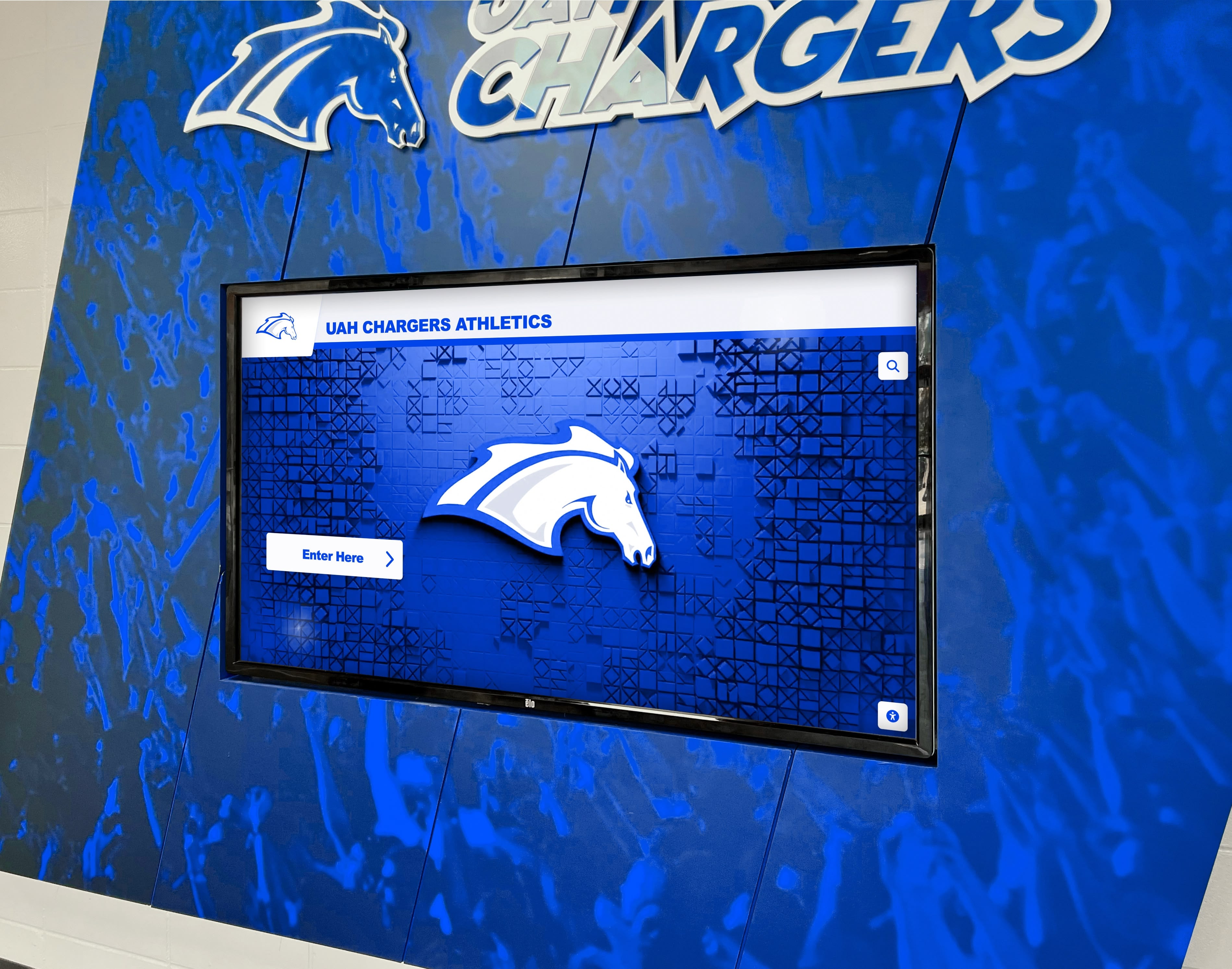
16 Playoff Victories
Thomas won 16 of 25 playoff games, providing the consistent excellence required to navigate four playoff series and claim the Stanley Cup championship.
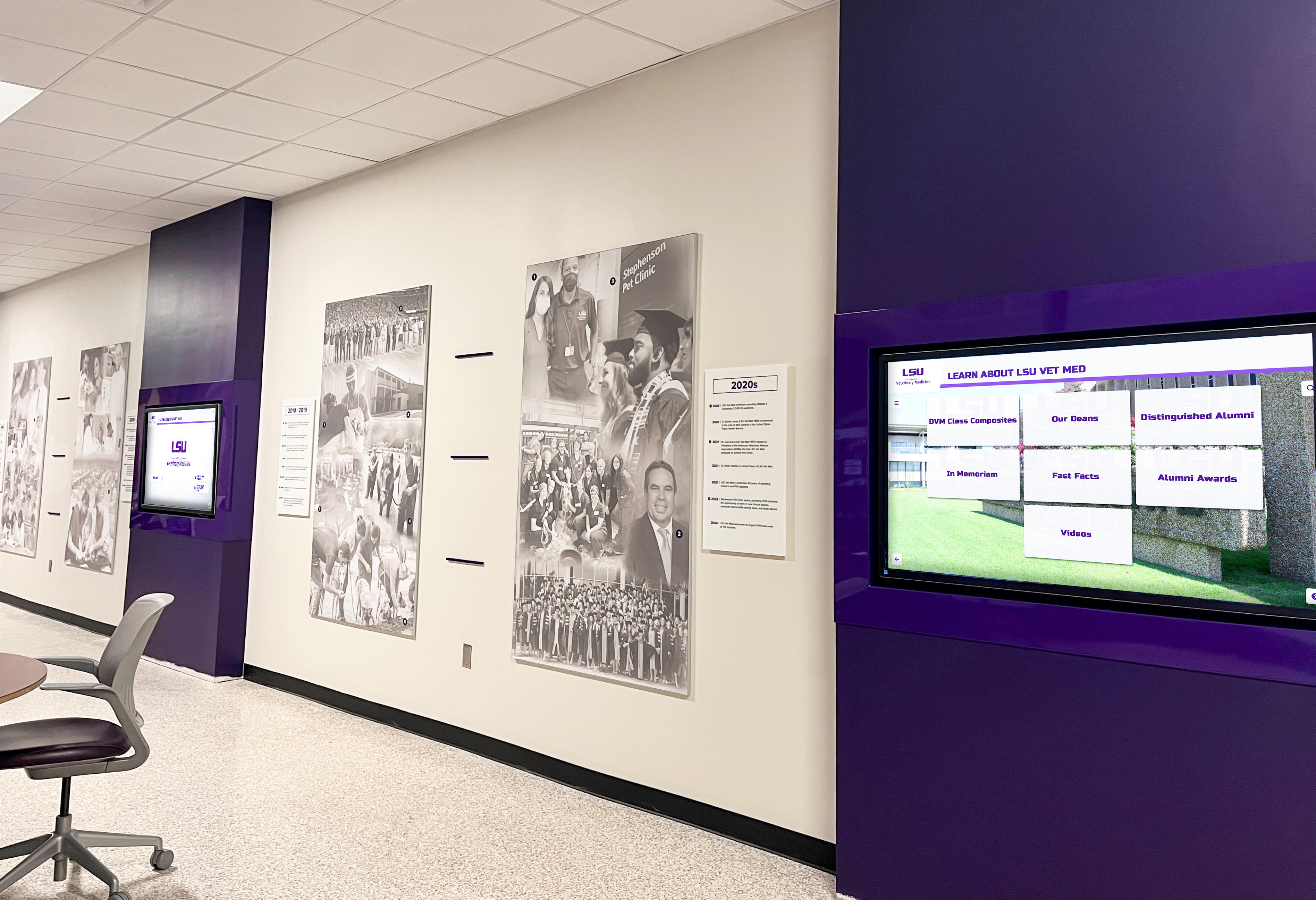
Game 7 Mastery
Thomas won both Game 7s he faced (Tampa Bay and Vancouver), posting shutouts in the most pressure-packed situations with championships on the line.
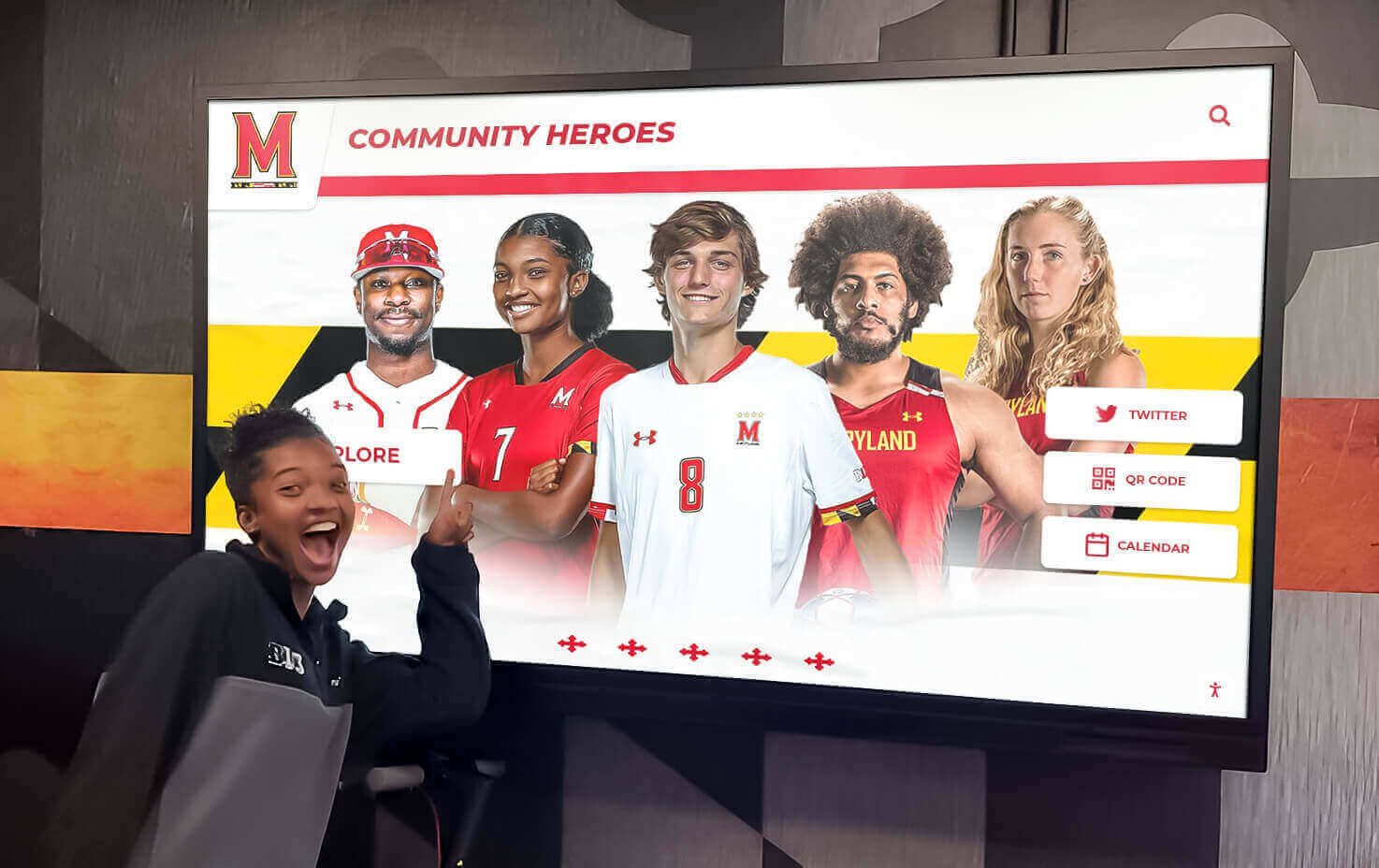
Conn Smythe Trophy
Thomas became the first American-born goaltender to win playoff MVP honors, cementing his legacy as one of the great playoff performers in NHL history.

Thomas’s performance demonstrated that elite goaltending remains the most important element of playoff success. Organizations recognizing individual championship contributions often implement comprehensive individual achievement displays that celebrate exceptional performances within team championship contexts.

Key Contributors to the 2011 Championship
While Tim Thomas earned playoff MVP honors, the championship required contributions from the entire roster. Several players delivered crucial performances throughout the playoff run:
Offensive Contributors
David Krejci (23 Points): The Czech center led all playoff scorers with 12 goals and 23 points, demonstrating offensive consistency across four series. Krejci elevated his game in the playoffs, providing crucial scoring throughout Boston’s run.
Patrice Bergeron (20 Points): The two-way center contributed 6 goals and 20 points while providing elite defensive play and face-off dominance. Bergeron’s complete game proved essential to championship success.
Brad Marchand (19 Points): The agitating winger scored 11 goals including crucial tallies in elimination games. Marchand’s ability to produce while frustrating opponents made him invaluable throughout the playoffs.
Milan Lucic (18 Points): The power forward combined physical intimidation with offensive production, scoring 12 goals while punishing opponents physically across four series.
Mark Recchi (18 Points): The veteran winger provided championship experience and timely goals throughout the run. At age 43, Recchi became the oldest player to score in a Stanley Cup Final, demonstrating that veteran leadership remains crucial for championship success.
Defensive Excellence
Zdeno Chara: The captain provided shutdown defensive play while logging enormous minutes against opponents’ best players. Chara’s physical presence and leadership set the tone for Boston’s identity.
Dennis Seidenberg: The German defenseman delivered consistent two-way play, contributing offensively while providing reliable defensive coverage throughout the playoffs.
Andrew Ference: The veteran defenseman contributed physically and defensively while providing leadership and playoff experience that guided younger teammates.
Johnny Boychuk: The physical defenseman delivered crushing hits while providing reliable defensive play that frustrated opponents throughout four series.
Schools and organizations recognizing team championships often implement comprehensive digital trophy case systems that showcase complete rosters rather than focusing solely on star players, acknowledging that championships require contributions from every team member.

The Significance of the 2011 Championship
The 2011 Stanley Cup championship held tremendous significance for multiple reasons that extended far beyond simply winning a championship:

Historical Context and Impact
- 39-Year Drought: The championship ended the longest championship drought in franchise history since 1972, connecting current success to the legendary Bobby Orr era
- First American Conn Smythe Winner: Tim Thomas became the first American-born goaltender to win playoff MVP, representing growth of American hockey
- Complete Team Victory: The championship demonstrated that balanced teams win championships rather than individual superstars dominating alone
- Road Game 7 Victory: Winning the deciding game in the hostile Vancouver environment showcased mental toughness and championship character
- New England Unity: The championship united the entire New England region, creating shared memories across states and communities
- Franchise Validation: The victory validated the building approach taken by management and coaching staff over several years
Impact on Future Success
The 2011 championship established a winning culture that influenced subsequent Bruins teams. The championship provided a template for success and created expectations that the organization pursued in following years:
- 2013 Stanley Cup Final: The Bruins returned to the Final two years later, falling to Chicago but demonstrating sustained excellence
- Consistent Contender: Boston made the playoffs in 13 of 14 seasons following the 2011 championship
- Leadership Development: Players like Patrice Bergeron developed into franchise leaders who maintained championship standards
- Organizational Identity: The 2011 championship reinforced that physical, defensive-minded teams can win championships in the modern NHL
- Fan Expectations: The championship created expectations of consistent excellence that continue influencing the franchise today
Organizations celebrating championship impact often utilize comprehensive timeline displays that show how championship success influenced subsequent years and created lasting organizational legacies.

Preserving the 2011 Championship Legacy
The remarkable story of the 2011 Bruins championship deserves comprehensive preservation that allows current and future generations to understand and appreciate this historic achievement.
Traditional Championship Recognition
The Bruins have honored the 2011 championship through traditional recognition approaches:
Championship Banner: A sixth Stanley Cup banner hangs from the TD Garden rafters, permanently commemorating the 2011 championship alongside banners from 1929, 1939, 1941, 1970, and 1972.
Trophy Display: The Stanley Cup trophy and the Conn Smythe Trophy awarded to Tim Thomas appear in TD Garden displays during the championship celebration period.
Media Documentation: Countless photographs, videos, and written accounts preserve championship memories through traditional media formats and team archives.
Anniversary Celebrations: The Bruins recognized the 10th anniversary of the championship in 2021, reuniting team members and celebrating the historic achievement with fans.
These traditional approaches provide tangible recognition while creating ceremonial moments that honor championship achievement.
Modern Digital Recognition Enhancement
Digital recognition technologies enable enhanced preservation and accessibility of championship history. Modern solutions offer significant advantages for celebrating comprehensive championship stories:
Unlimited Content Capacity: Digital platforms can showcase complete championship documentation including every game summary, every player profile, every photograph, and every video highlight without physical space constraints limiting what can be displayed.
Rich Multimedia Storytelling: Beyond static photos and text, digital systems enable video highlights of key goals, interviews with championship players, play-by-play audio from crucial moments, and comprehensive statistical breakdowns that bring championship history to life.
Interactive Exploration: Fans can search for specific games, filter by player or series, explore statistical leaders, and discover connections between different championship moments through intuitive interfaces.
Online Accessibility: Web-based championship recognition allows Bruins fans worldwide to explore the 2011 championship story from anywhere, democratizing access beyond those able to visit TD Garden physically.
Easy Updates and Expansion: As anniversaries occur and additional content becomes available, digital systems enable immediate updates without physical reconstruction or significant expenses.
Solutions like Rocket Alumni Solutions provide organizations with comprehensive digital recognition platforms designed for celebrating institutional achievements, preserving championship histories, and engaging communities—capabilities equally valuable for educational institutions and professional sports franchises pursuing excellence and historical preservation.
Organizations implementing championship recognition often explore comprehensive digital trophy case solutions that showcase achievements alongside multimedia content and searchable interfaces that traditional physical displays cannot match.

Lessons from the 2011 Bruins Championship
The 2011 championship offers numerous lessons about team building, resilience, and pursuit of excellence that extend beyond hockey to any competitive endeavor:
Championship Principles from the 2011 Bruins
Team Building Excellence
- Balanced Construction: Championship teams need contributions from all positions rather than superstar-dependent strategies
- Depth Matters: Success requires quality players throughout the roster who can step up when stars struggle
- Defense Wins Championships: Elite goaltending and defensive structure remain the foundation of playoff success
- Physical Presence: Toughness and physicality wear down opponents across long playoff series
- Veteran Leadership: Championship experience guides younger players through adversity and pressure situations
Mental Toughness and Resilience
- Overcoming Adversity: The Bruins rallied from 0-2 and 2-3 series deficits, demonstrating that adversity can be overcome
- Belief System: Championship teams believe they can win regardless of circumstances or opponent advantages
- Road Success: Winning crucial games in hostile environments requires mental toughness and preparation
- Staying Composed: Championship teams remain composed under pressure rather than panicking during difficult moments
- Next Play Mentality: Focusing on the present rather than dwelling on past mistakes or future pressure
These principles apply whether building championship sports teams or pursuing excellence in education, business, or community organizations. The commitment to excellence, resilience under adversity, and team-first mentality that defined the 2011 Bruins provide blueprints for sustained success in any competitive environment.
Schools and organizations can explore achievement recognition program strategies that celebrate excellence while reinforcing values and principles that lead to sustained success across different contexts.
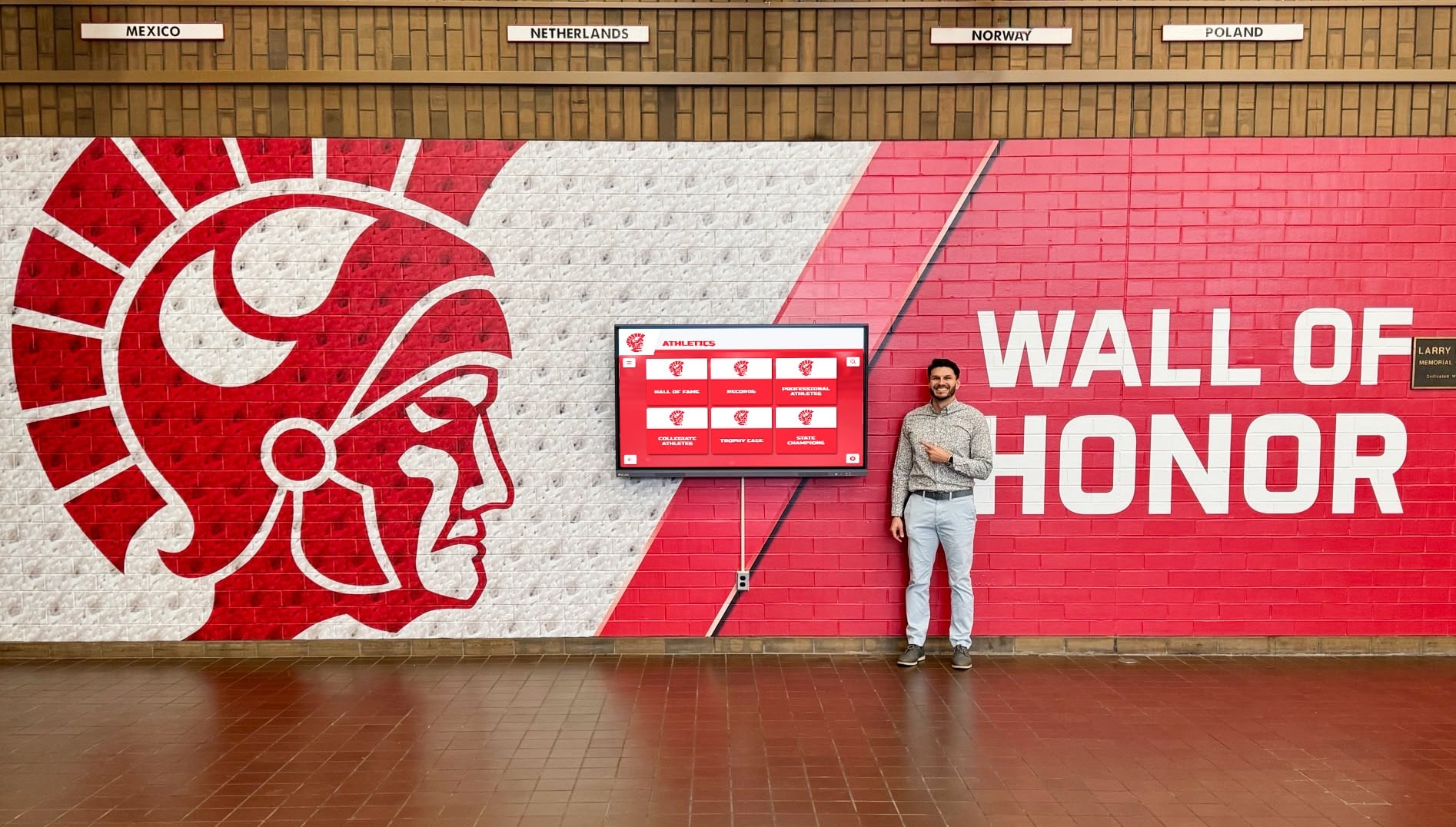
The 2011 Bruins in Franchise History Context
The 2011 championship occupies a special place in Boston Bruins franchise history, connecting different championship eras while creating its own unique legacy:
Connecting Championship Eras
The Early Dynasty (1929, 1939, 1941): The first championship era established the franchise foundation with three Cups in 13 years during the NHL’s early decades.
The Bobby Orr Era (1970, 1972): The most celebrated championship era featured revolutionary hockey and the greatest defenseman in history winning two Cups.
The 2011 Championship: Ending a 39-year drought, the 2011 championship connected modern Bruins to the legendary teams of previous eras while establishing that contemporary teams could achieve the ultimate success.
The 2011 championship demonstrated that different playing styles and roster constructions can achieve championship success. While the Bobby Orr teams featured offensive brilliance, the 2011 Bruins won through defensive excellence and goaltending dominance. Both approaches achieved the same ultimate goal, validating that multiple paths lead to championship success.
Organizations preserving comprehensive institutional history often implement timeline recognition systems that place individual achievements within broader historical contexts, helping current students and community members understand how specific accomplishments connect to larger organizational narratives.
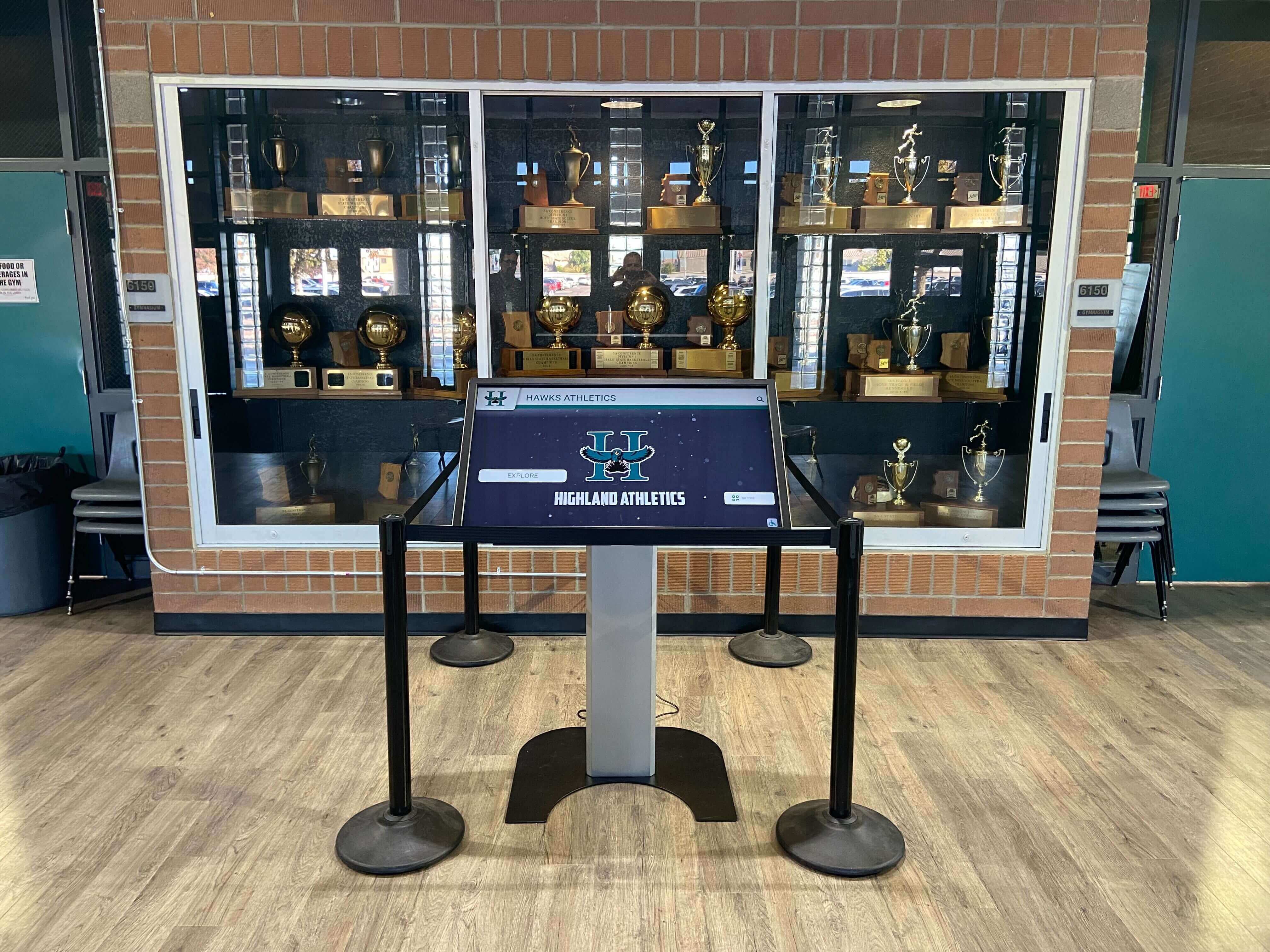
Fan Reactions and Cultural Impact
The 2011 championship created cultural impact extending far beyond hockey, uniting New England and creating shared memories that strengthened community bonds:
The Victory Parade
According to the Boston Globe, approximately one million fans attended the championship parade through Boston on June 18, 2011. The parade featured championship players riding duck boats through the city, interacting with fans, and celebrating the historic achievement together.
The parade demonstrated the championship’s cultural significance, drawing massive crowds that exceeded typical Boston celebrations. Businesses closed, schools dismissed early, and entire communities traveled to Boston to participate in championship celebration.
Broader New England Impact
The championship united the six-state New England region, creating shared identity and pride across Massachusetts, Connecticut, Rhode Island, Vermont, New Hampshire, and Maine. Bruins fans throughout the region celebrated together, strengthening regional identity.
Local businesses throughout New England experienced increased activity as championship merchandise flew off shelves and championship-themed promotions capitalized on regional excitement. The economic impact extended well beyond TD Garden to communities throughout New England.
Long-Term Cultural Resonance
More than a decade later, the 2011 championship remains a defining cultural moment in New England sports history. Fans who experienced the championship remember where they watched Game 7, how they celebrated the victory, and the emotions the championship created.
The championship provided positive memories during subsequent challenging periods, demonstrating how sports achievements create lasting community bonds and shared experiences that strengthen social fabric.
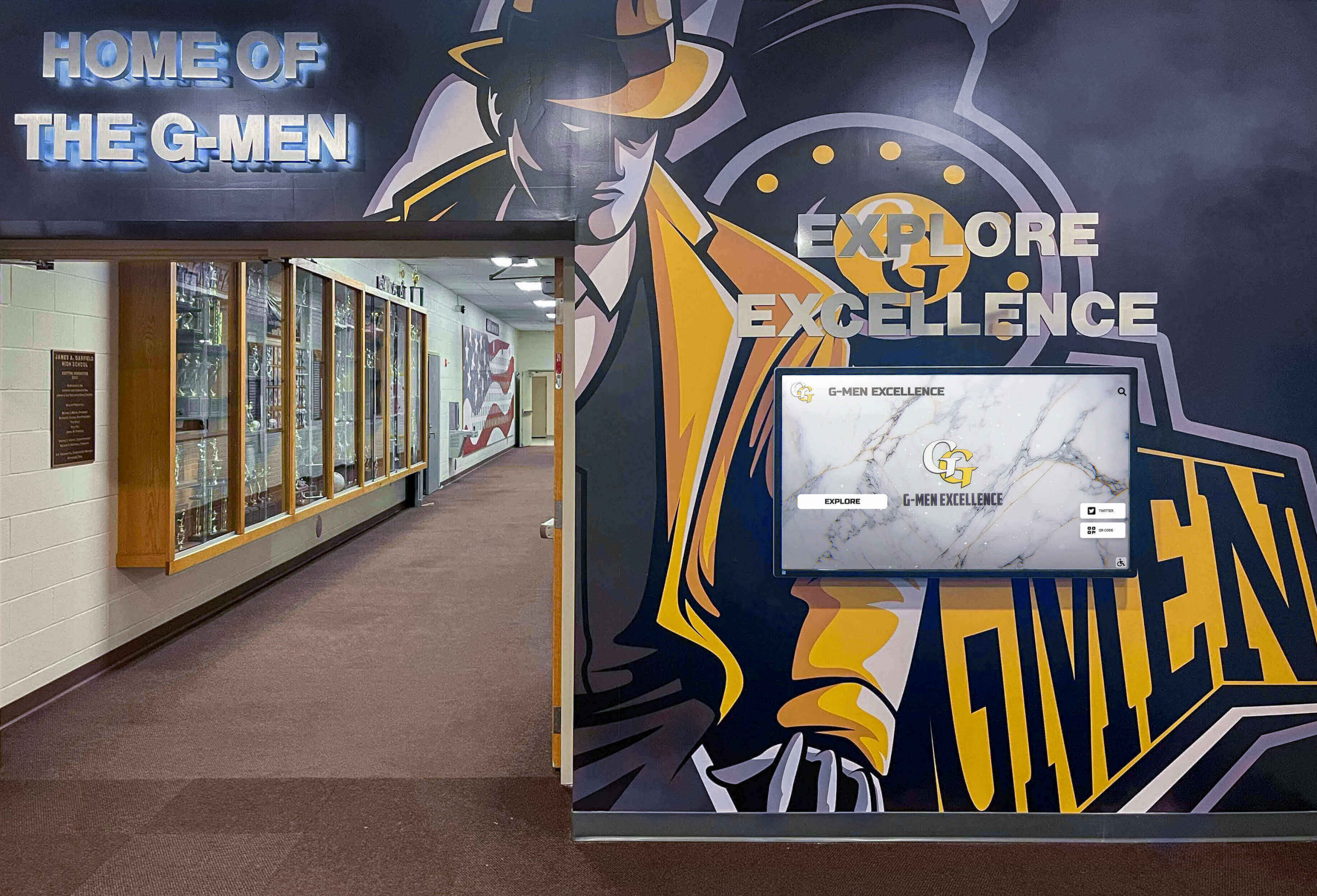
Conclusion: A Championship for the Ages
The 2011 Boston Bruins Stanley Cup Championship stands as one of the most remarkable playoff runs in NHL history. From the improbable comeback against Montreal through the dominant sweep of Philadelphia, the grueling seven-game victory over Tampa Bay, and finally the historic Game 7 road triumph in Vancouver, every step of the journey tested this team's championship mettle and produced unforgettable moments.
Tim Thomas delivered one of the greatest goaltending performances in playoff history, earning Conn Smythe Trophy honors with a .940 save percentage and 1.98 goals-against average. Zdeno Chara provided towering leadership and physical presence. Patrice Bergeron demonstrated two-way excellence that would define his Hall of Fame career. David Krejci, Brad Marchand, Milan Lucic, and countless other contributors delivered when needed most. This was a complete team championship in every sense.
The 2011 championship ended a 39-year drought, connected modern Bruins to the legendary teams of the Bobby Orr era, and created memories that will last forever for everyone who experienced this magical playoff run. The victory parade through Boston, the championship celebrations throughout New England, and the lasting pride this championship generated demonstrate how sports achievements strengthen community bonds and create shared experiences transcending the games themselves.
Modern recognition solutions enable comprehensive preservation of championship stories through digital displays that can showcase unlimited content including complete game summaries, player profiles, video highlights, statistical breakdowns, and multimedia storytelling that traditional banners and trophy cases cannot match. Organizations implementing these solutions ensure championship achievements remain accessible and inspiring for generations while creating engaging experiences that strengthen pride and community connections.
Whether you experienced the 2011 championship in person, watched from home, or are learning about this historic achievement for the first time, the story of this remarkable team provides inspiration about what can be accomplished through teamwork, resilience, and unwavering commitment to excellence. The 2011 Boston Bruins proved that championships are won through complete team efforts, that adversity can be overcome, and that when an entire organization commits to a common goal, extraordinary achievements become possible.


























